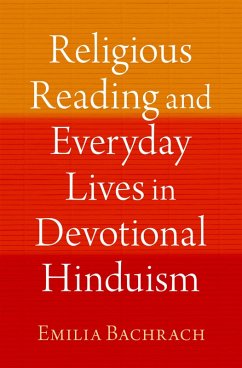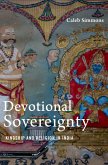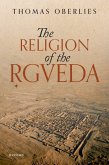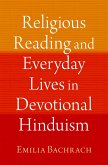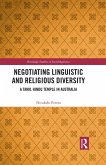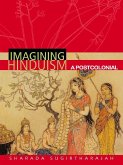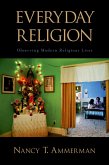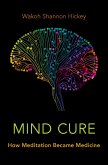Religious texts are not stable objects, passed down unchanged through generations. The way in which religious communities receive their scriptures changes over time and in different social contexts. This book considers religious reading through a study of the Pushtimarg, a Hindu community whose devotional practices and community identity have developed in close relationship with V?rt? S?hitya (Chronicle Literature), a genre of Hindi prose hagiography written during the 17th century. Through hagiographies that narrate the relationships between the deity Krishna and the Pushtimarg's early leaders and their disciples, these hagiographies provide community history, theology, vicarious epiphany, and models of devotion. While steeped in the social world of early-modern north India, these texts have continued to be immensely popular among generations of modern devotees, whose techniques of reading and exegesis allow them to maintain the narratives as primary guides for devotional living in Gujarat-the western state of India where the Pushtimarg thrives today. Combining ethnographic fieldwork with close readings of Hindi and Gujarati texts, the book examines how members of the community engage with the hagiographies through recitation and dialogue in temples and homes, through commentary and translation in print publications and on the Internet, and even through debates in courts of law. The book argues that these acts of "reading" inform and are informed by both intimate negotiations of the family and the self, and also by politically potent disputes over matters such as temple governance. By studying the texts themselves, as well as the social contexts of their reading, Religious Reading and Everyday Lives in Devotional Hinduism provides a distinct example of how changing class, regional, and gender identities continue to shape interpretations of a scriptural canon, and how, in turn, these interpretations influence ongoing projects of self and community fashioning.
Dieser Download kann aus rechtlichen Gründen nur mit Rechnungsadresse in A, B, BG, CY, CZ, D, DK, EW, E, FIN, F, GR, HR, H, IRL, I, LT, L, LR, M, NL, PL, P, R, S, SLO, SK ausgeliefert werden.

